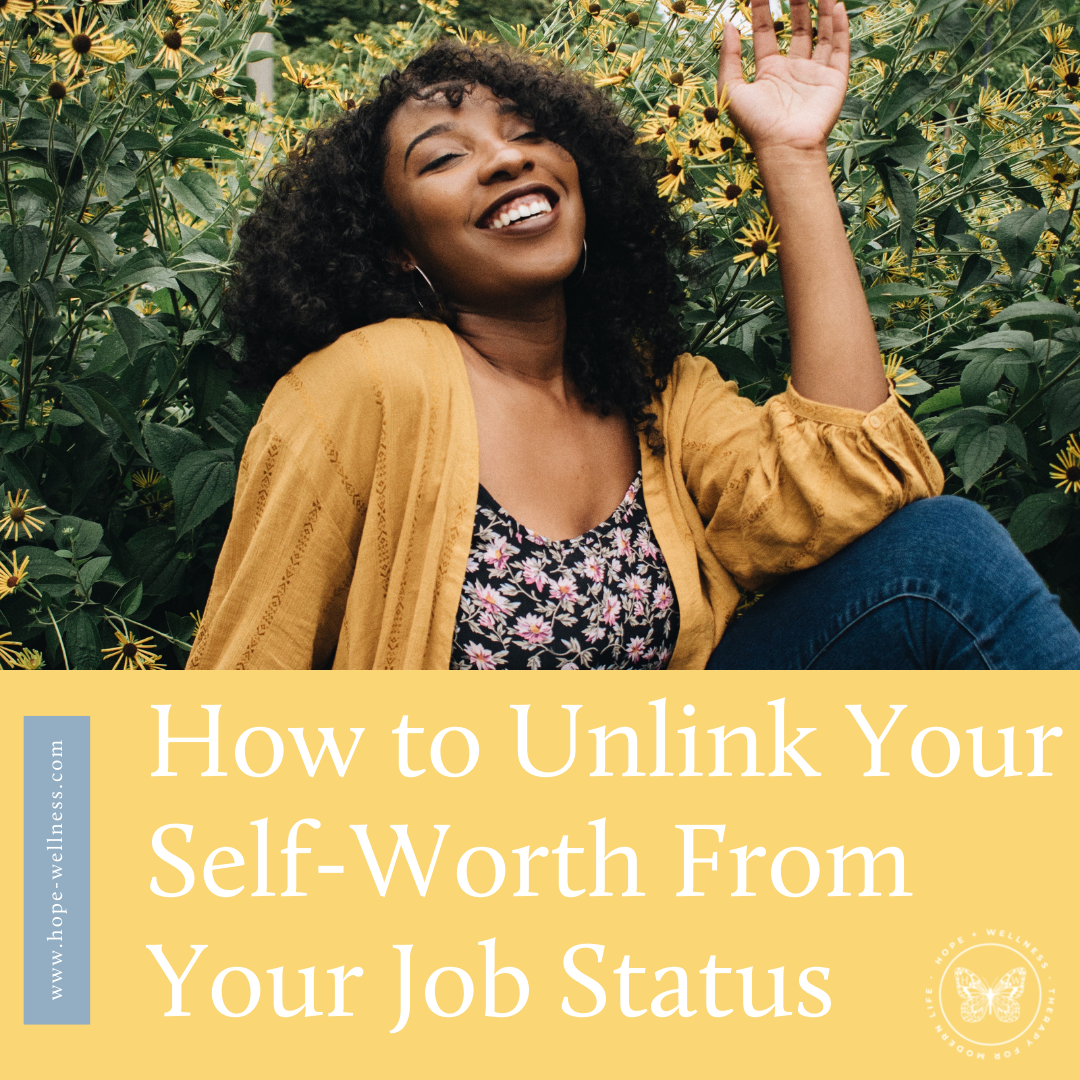
Hope +Wellness Blog
little snippets of advice for everyday challenges many people share

How ADHD Presents In Adult Women
Did you know that women experience ADHD at the same rates as men? The mainstream understanding of Attention-deficit/hyperactivity disorder (ADHD) is that it makes you hyper and unable to focus. However, that’s not the only way that ADHD manifests. Part of the reason that women are underdiagnosed with ADHD is that they typically experience symptoms in a less noticeable way.

5 Coping Strategies to Try When You’re Feeling Anxious
Managing anxious thoughts is hard work. It’s not going to be a simple one-size-fits-all solution. And while your therapist will definitely be able to work with you to determine what coping strategies are the most useful for you, it’s helpful to have a few already in your back pocket to try.

4 Tips for Dealing With a Friend Breakup
If you’re struggling with a friendship breakup, know that you’re not alone. So many people have been through this kind of pain, and whatever reaction you’re having is valid. Here are some of our top tips for dealing with a friend breakup.

Naming Your Emotions
Instead of feeling uncomfortable and overwhelmed by your emotions, learning to identify them not only kickstarts that self-soothing process, but also helps you to unpack where that discomfort is coming from. When you know how you’re feeling, you can start to get into the why

How to Stop Comparing Yourself to Others
While self-awareness is good, like all things it needs moderation. The excessive self awareness and self-evaluation brought on when we compare ourselves to others can get us stuck in our heads, overthinking, and preventing us from actually meaningfully engaging in the present.

How to Unlink Your Self-Worth From Your Job Status
If you’ve spent most of your life tying your self-worth to your work, you’re certainly not alone. Here are some ideas for how to cope when you feel like your self-worth relies on your productivity or job status.

4 Myths About Grief
There are a lot of common myths about grief that get passed around as general wisdom in hard times. Today we’re going to unpack some of those myths to hopefully help you understand your grief a little better when it shows up.

5 Reasons You Might Consider Ending a Friendship
Whatever way works for you and your situation, know that it is okay to feel a bunch of conflicting feelings about ending a friendship. You might feel relieved to not have to deal with them anymore. You might feel sad remembering the good times you had together. You might be angry at the way they treated you. Whatever you’re feeling, it’s okay.

Setting Boundaries: Why You Should & What to Say
While the boundaries you set might be clear and obvious to you, you’re a unique person! What makes sense to you might not be what makes sense to someone else. When you’ve decided on a boundary, make sure you communicate it to the relevant people so that everyone has the opportunity to honor the boundary.

6 Ways to Cultivate Self-Compassion
The way that you treat yourself matters. Have you ever noticed the way that you talk to yourself? There are lots of reasons why we’re harder on ourselves than on anyone else. Some folks experienced abuse growing up that taught them not to expect any compassion. Others had caregivers who weren’t nurturing or who constantly criticized them. We hear a lot about self-love, especially in therapy spaces, but self-love isn’t always within reach for people. Starting with self-compassion can be a great way to build up your resilience and confidence.
Hope+Wellness is a mental health practice specializing in the treatment of depression, mood, stress, and anxiety in kids, teens, and adults. This is a blog about living well and finding meaning and purpose in the face of difficult challenges. This is a blog about finding hope.
Archive
- ACT
- ADHD
- Acceptance
- Anxiety
- Authenticity
- Belonging
- Bipolar
- CBT
- Calming
- Change
- Chronic Illness
- Chronic Pain
- Communication
- Community
- Coping Skills
- DBT
- Dating
- Depression
- EMDR
- Emotions
- Entrepreneurs
- Friendship
- Gratitude
- Grief
- Health Psychology
- Hope
- Inspiration
- Intimacy
- Intuition
- Joy
- Letting Go
- Love
- Manic Depression
- Mindfulness
- Miscarriage
- OCD
- Parenting
- Personal Growth
- Positive Vibes
- Quotes
- Relationships
- Resources
- Self-Compassion
- Self-Reflection
- Services
- Sleep
- Spirituality
- Stress Management
- Stress Relief
- Suffering